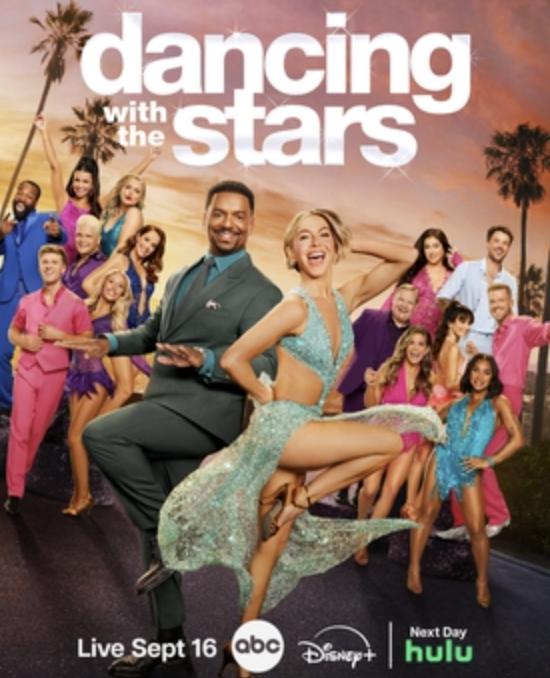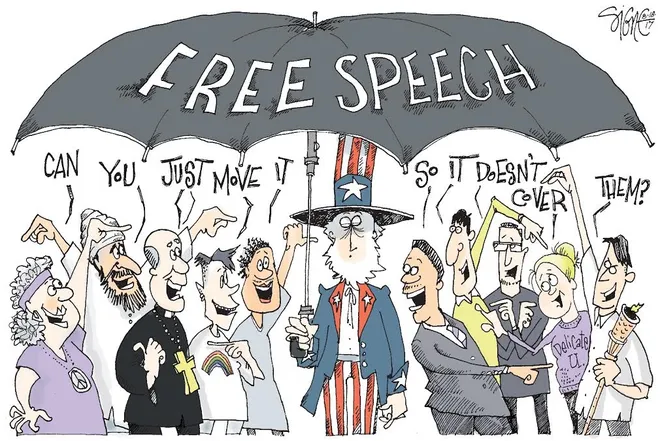November 15, 2024/Midnight
Erie, Pa.-– As the result of the 2024 U.S. presidential election settles on Nov. 5, it’s hard not to be stunned by the sheer spectacle of it all.
Every day brought a new headline, from the heated rhetoric of the campaigns to the glitzy media blasts. As a foreigner who has no skin in the game, I always feel caught in a significant dilemma: should I pay close attention to this election or not? As a foreign observer, the event has been fascinating, frustrating, and, in some ways, deeply unsettling.
The 2024 presidential election is nothing more than a reflection of a recurring theme in American politics: a deeply polarized electorate and an endless battle over every definition of truth and governance. In the wake of the election, one thing is abundantly clear: the United States is more divided than ever.
The red–blue split seems not only to make headlines but also to cut through families and communities. Some have expressed how the election has sparked family drama and turned into a taboo subject in many social gatherings. The implicit tension even lasts for days after the result. I remember talking to my friends after election day, and everyone just masked their true feelings.
All the emotional turbulences are simply boiled down to “That was crazy!” It might be a meaningless phrase, but in the end, it was all we could say to keep the day going, and to avoid losing a friend.From a distance, it is hard not to wonder if the country will ever find a way to bridge these gaps.The narrative of “us vs. them” that defined much of the 2024 race seems to have deepened the divide, making consensus increasingly difficult. I was amazed to see how the debate was arranged, resembling both an entertaining and frightening game show.
It’s concerning to witness how politics have become like an entertainment spectacle, but at the same time so deeply intertwined with culture wars, identity issues, and personal beliefs.The return of Donald Trump to the presidential race, whether as a candidate or a symbol of the Republican Party, has become a focal point for much of the global conversation. To foreign eyes, Trump’s influence over American politics is both fascinating and frightening, but the second sensation outweighs the first.
In the modern age, no presidential election is complete without the ever–present shadow of media influence, and the 2024 race was no exception. The media’s role in shaping public perception of the election is striking. Both mainstream and partisan media publications have become not just sources of information but actors in the political theater, often amplifying polarization instead of informing the public. The question of how much of the American electorate makes decisions based on fact versus emotion, fear, or conspiracy looms large in the aftermath of this election.
The outcome of the 2024 election is far more than just a national concern; it is of global significance. While my home country might be thousands of miles away, I certainly feel the ripple effects of this election circulating across different social media platforms.
From my perspective, the United States’ political landscape remains a source of fascination, admiration, and even underlying concern. The outcome of the 2024 election could not only influence the country’s future but also shape the global trajectory. When I was first introduced to American politics, I was mesmerized by how dynamic it is, though this may not be the best scenario we could imagine.






